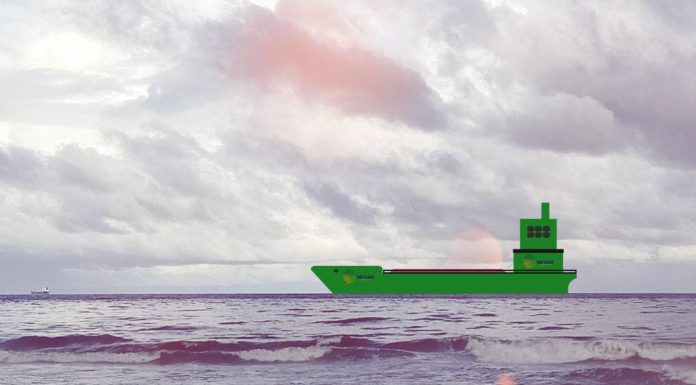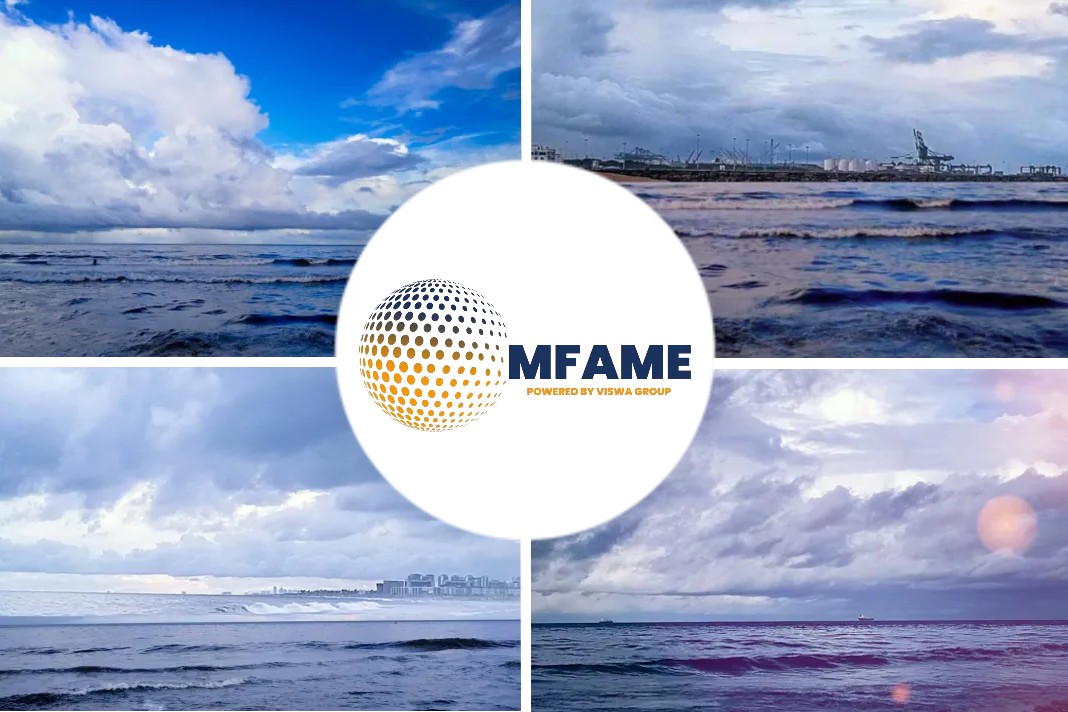The Baltic Briefing has released Bulk carrier maritime activity report for the 13th week of this year. The report formulated on 29th March 2019 highlights the situation in the dry bulk carrier market including trade and commodities ,shipping and transport.
Capesize
- The Capesize market endured another week of frustrating troughs as rates languished at near historical lows.
- The beginning of the week had the Pacific market enveloped, with news of category four Cyclone Veronica.
- Reports of Rio Tinto declaring force majeure on Friday circulated for several Port Walcott berths.
- The routes of Saldanha Bay and Tubarao to Qingdao ended the week lifting slightly, with the ballaster fleet on these routes remaining thin and prone to positional pressure.
- The Atlantic basin bore consecutive drops in value as minimal volume traded. Transatlantic dollar per tonne rates often corresponded to negative timecharter equivalents.
- The C8 dropped by $1,205 to settle Friday at $3,195, leaving owners questioning the Atlantic basins viable economics in this market.
- Period fixtures were said to be increasing this week, illustrated by Rio Tinto fixing the ‘Cotswold’ (179,611dwt, 2016) for 11-14 months, delivery Taicang 6 April, at $15,250.
Panamax
- The Atlantic saw a spike in rates last week for transatlantic trades. The index rose around $1,000 on Thursday, with Kamsarmaxes fixed at over $11,000 for longer grain runs via North Coast South America.
- The fronthaul market remained active, with rates from East Coast South America fairly flat.
- A surge in North Coast business provided increased rates for tonnage open in the Atlantic, with one ship achieving $18,350 for a trip to Vietnam, basis Gibraltar delivery.
- The Pacific market did not fare so well. Well described Kamsarmaxes still managed to fix at healthy numbers.
- Both North Pacific and Indonesia volume slowing, the smaller Panamaxes had to reduce their offers in order to compete.
- This was due to most of the Australian stems taking up the slack, preferring larger ships.
Supramax
- As the week progressed, the Baltic Supramax Index (BSI) lost ground. Period activity remained sparse, but a 63,000dwt ship was fixed delivery US Gulf, for short period redelivery Atlantic, in the mid $13,000s.
- In the Atlantic it was a mixed week, with the US Gulf remaining positional. A 63,000dwt ship went for around $16,000 for a transatlantic petcoke run.
- A 56,000dwt vessel was linked to a trip delivery Recalada, redelivery Far East, in the mid $12,000s, plus around $250,000 ballast bonus.
- A 61,000-tonner open CJK fixed in the low-mid $9,000s for a North Pacific round, redelivery Southeast Asia.
- Further south, a 56,500dwt ship fixed delivery for a Singapore trip via Indonesia, redelivery China at $9,000.
- From the Indian Ocean, again, it was an uninspiring week.
- A 61,000dwt vessel was fixed delivery Durban trip, redelivery China, at $12,400 plus $240,000 ballast bonus.
Handysize
- The improvement slowed in the Handysize sector throughout the week. Rates from the Continent and US Gulf started to slip.
- Two 38,000-tonners, both open Recalada with early April dates, were booked to move grains to West Coast South America at $19,750 and $20,000 respectively.
- A similar-sized vessel from the area was reportedly failed on subjects at $13,750, redelivery North Brazil.
- A 30,000dwt ship, open Casa Blanca, was fixed at $8,500 for moving petcoke from Santos to South Africa.
- A 34,000dwt vessel was paid $4,250 for a trip from Canakkale to the Continent, while a 38,000-tonner was booked at $5,000 from the Black Sea to the East Mediterranean.
- In the Pacific, it was a slow week with little reported. A 41,000-dwt ship was fixed from Singapore to redeliver in the Philippines at $8,000.
Did you subscribe to our daily newsletter?
It’s Free! Click here to Subscribe!
Source: thebalticbriefing















